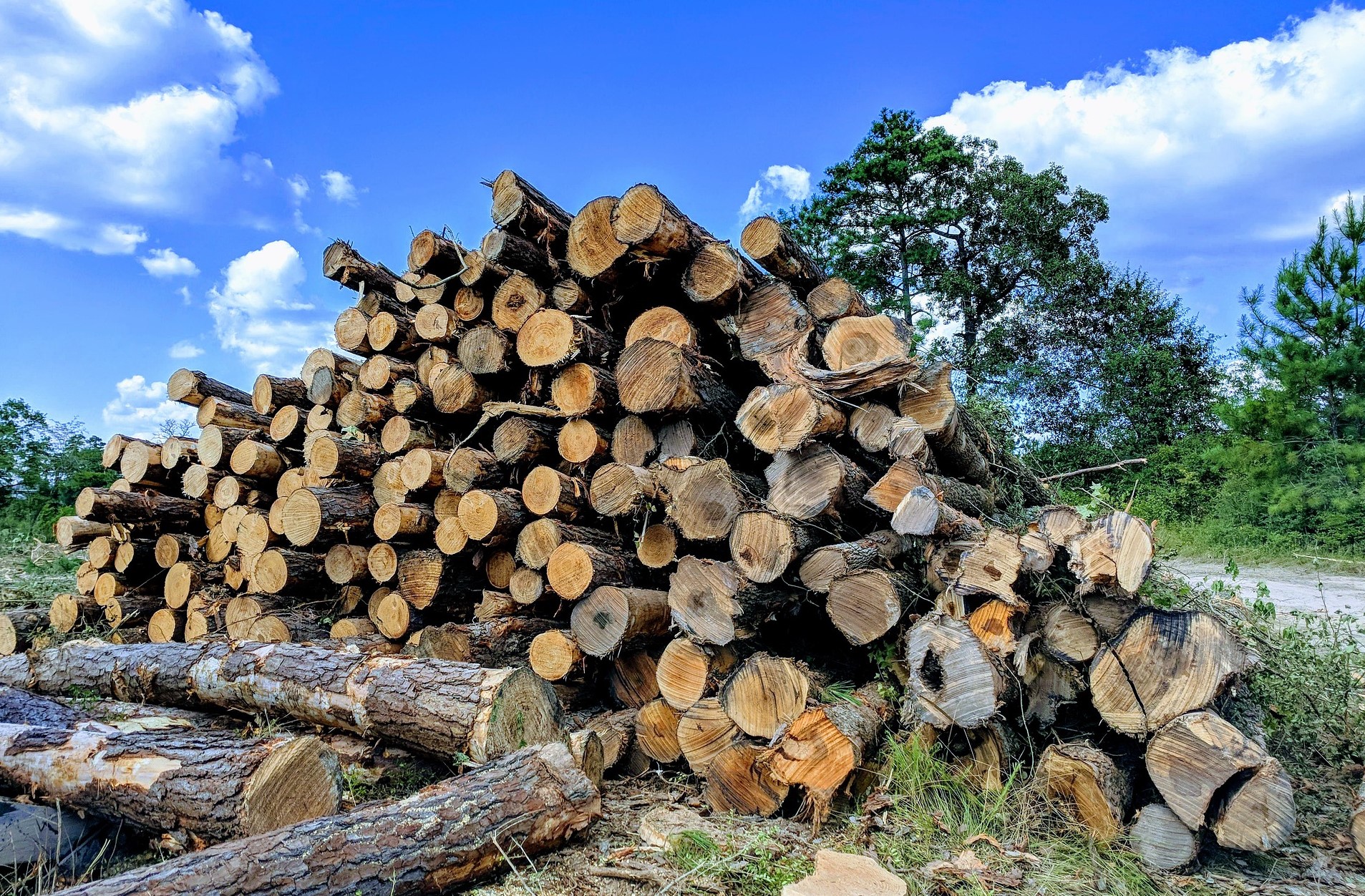The dramatic rise of ETFs over the past decade is indirectly enabling deforestation across the globe with ETF providers doing little tackle the issue, according to research conducted by Planet Tracker.
The report, entitled Exchange-Traded Deforestation, warned ETF investors are unknowingly exposed to companies with links to deforestation which is having a major impact on climate change.
According to a 2020 academic study, all of the world’s forests could disappear within 100 years at the current rate of deforestation with 386 million hectares of tree cover lost globally between 2001 and 2019.
Despite this alarming rate, ETF providers are yet to use their growing influence at a corporate engagement level to help reduce deforestation.
Highlighting this, Proxy Insight analysed the voting records of BlackRock, Vanguard and State Street Global Advisors (SSGA), the three largest ETF issuers, and found they either voted against or abstained from all 16 shareholder resolutions calling for action on deforestation since 2012.
The report admitted that ETF issuers were somewhat restricted in remediating deforestation links due to the nature of their index-tracking products.
BlackRock, for example, saw its index investments in deforestation-risk companies increase to $1.6bn between 2014 and 2018, a 94% rise.
As ETF issuers are unable to divest from the companies they track, the report said they should put pressure on index providers to produce deforestation-free indices.
“Index providers should work towards the adoption of a framework that will help them consider natural capital-related issues such as deforestation as one of the factors that set the inclusion/exclusion of a company’s stock in an index and that passive ETF issuers should encourage them to do so.
“Failing that, ETF providers could well decide to self-construct indices that meet these natural capital criteria.”
Synthetic ETFs
The return of synthetic ETFs, the report highlighted, was another factor driving the increase in deforestation.
The structure of synthetic ETFs means investors are unable to determine the underlying securities that are being used as collateral while ETF issuers lose their voting power.
The report highlighted the iShares S&P 500 Swap UCITS ETF (I500) which launched last September. One swap position within 1500 was Tysons Food which has been linked to deforestation through soybeans used in feed products.
“Counterparty risk in accurately mirroring the performance of the underlying stocks remains an important factor,” Planet Tracker stressed. “ETF providers should ensure banks acting as synthetic counterparties maintain high stewardship standards in tackling deforestation across public policy commitments and voting behaviour.”
Soybean impact
Planet Tracker warned companies involved in the soybean industry are the second largest driver of deforestation in tropical countries after cattle, accounting for 500,000 hectares of land deforested every year.
The report found approximately $9.3bn assets in equity-based ETFs are invested in companies engaged in the production and processing of soybeans such as Nestle and Glencore.
Are issuers doing enough to address engagement concerns around ESG ETFs?
Planet Tracker concluded: “Both the ETF industry and the index industry are highly concentrated, meaning that BlackRock, Vanguard, SSGA on the one hand, and MSCI, FTSE Russell, S&P Dow Jones Indices and Bloomberg on the other, together have disproportionate power to mitigate deforestation risk.
“This paper calls for index providers, ETF issuers and investors to issue a public pledge committing to reduce deforestation risk in their holdings or indices.”





